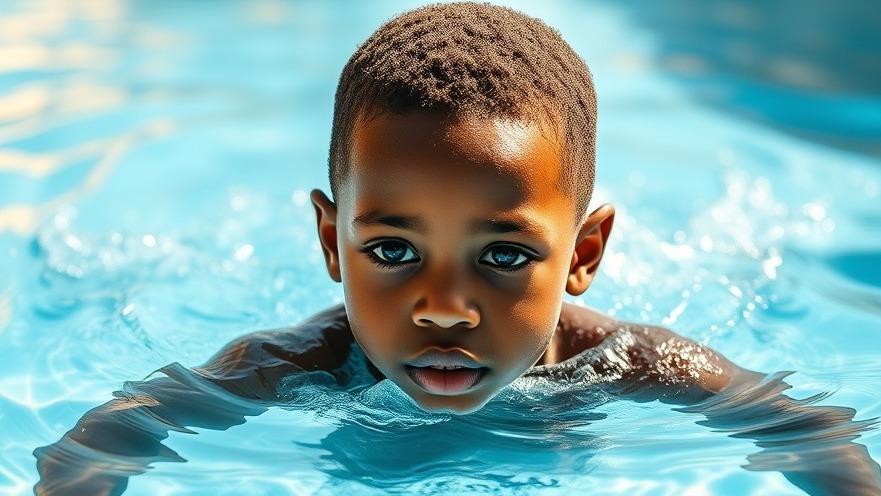
The Reality of Climate Change in Africa's Future
From sea level rise threatening entire nations to unpredictable weather patterns disrupting livelihoods, Africa stands as a continent awash in the realities of climate change. As seen in regions from the Himalayas to the Maldives, children today are not merely witnesses but are becoming vocal advocates against the repercussions of climate degradation. Sadly, this narrative of children leading the climate fight is echoed within the African context, where youth face alarming prospects stemming from both environmental and economic stresses.
The Human Cost of Climate Change
Across the continent, children often bear the brunt of climate change. In vulnerable regions, such as the coastal cities of West Africa or the drought-prone areas in the Horn of Africa, young people experience firsthand the detrimental effects climate change inflicts on their lives. For instance, in urban shanties where flooding hazards arise, education is interrupted, health risks escalate, and basic needs become harder to meet. The consequences of climate inaction are profound: children growing up in these environments carry pain and anxiety as they navigate a future that's uncertain.
Empowering Africa's Youth Through Climate Action
The conversations around climate adaptation and resilience in Africa are increasingly focusing on empowering youth. This generation has consistently shown enthusiasm for sustainable practices, demanding involvement in strategies to combat climate change. Initiatives that involve young people in decision-making processes about climate policies are emerging, reflecting their potential as changemakers.
Globally Inclusive Climate Strategies
International organizations, including UNICEF, are intensifying efforts to centralize children's voices in climate dialogues. By fostering partnerships with local education systems and grassroots movements, these agencies are laying foundational work that involves children in climate action, from the classrooms to community initiatives. A future-ready Africa hinges significantly on the engagement of its youth as stakeholders in decision-making processes.
Bridging Local Experiences to Global Platforms
In the quest for climate justice, it is crucial for African voices—especially those of youths—to resonate on global platforms. This means pushing back against narratives that overlook local realities in favor of one-size-fits-all solutions. Policymakers must recognize that experiences from remote villages to bustling cities in Africa present unique lessons, shaping global strategies to be more effective and equitable.
Call to Action: Engage With Africa's Climate Youth Movement
The stakes for youth in climate discussions have never been higher. As business leaders, policymakers, and thought leaders committed to sustainability, your involvement is key. Participate in platforms that amplify youth voices, support initiatives that empower children to lead local climate solutions, and advocate for policies that honor the interconnected nature of global climate action. The future of both Africa and the planet thrives on our collective engagement today.
 Add Row
Add Row  Add
Add 


Write A Comment